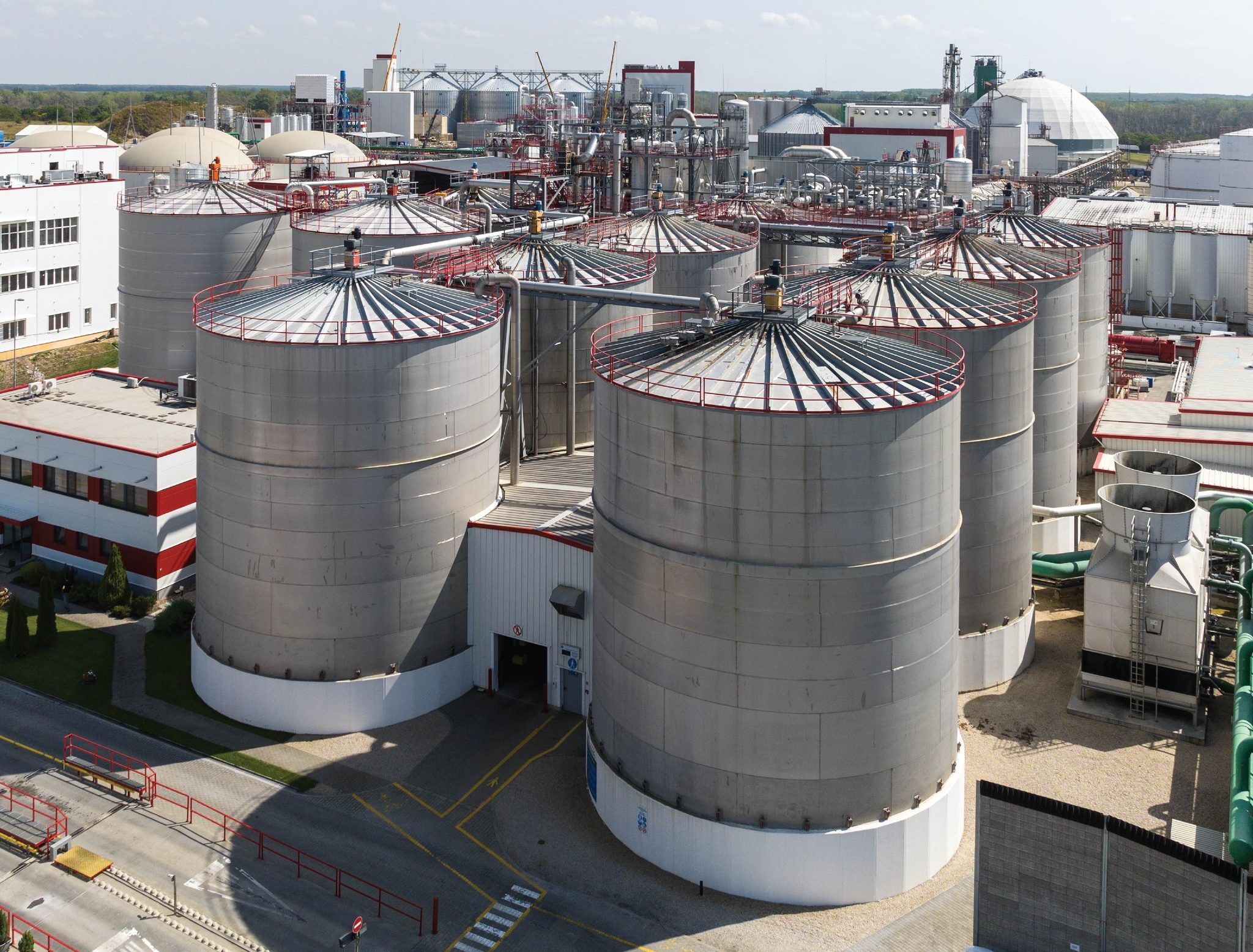
South Korea is an important player in the Hungarian economy: in 2022, the country was Hungary's largest investor.Continue reading
Almost everything is in place for Hungary to implement a carbon capture and storage pilot program at a realistic cost, and then the market-based ones can follow. If we act in time, we can gain a dominant European market position in the new industry, according to Pannonia Bio’s strategic director, reports Világgazdaság.
Hungary can become a European leader in carbon capture and storage, says Ferenc Hódos, strategic director of Pannonia Bio Zrt. The industry exists largely in the continent only at the level of theories and first experiments, while in the US it has already received a kick-start with a simple incentive: a ton of audited gas stored entitles the holder to an $85 tax rebate. Thanks to this, such investments are being made one after the other in those central US states that are typically corn-processing states.
The biorefinery is the largest single site bio-ethanol plant in Europe, one of the most efficient refineries in the world, and has a mission to mitigate climate change. The plant’s success is based on a continuous multi-million euro performance-based investment program. Engineering expertise in ethanol production has enabled diversification into new product streams using grain-based biotechnology.
This activity – Carbon Capture and Storage, CCS – would be expensive for most fossil carbon emitters today. The flue gas from energy or industrial production needs to be separated from water, solid impurities, and non-carbon gases, and the clean gas then transported and injected underground.
However, all this can be done at a lower cost in Hungary thanks to the favorable domestic conditions, the director pointed out.
The fermentation industry produces carbon dioxide with a purity of more than 99 percent. The country is full of depleted gas deposits suitable for storage and Hungarian oil and gas giant MOL Group has had the necessary knowledge and technology for decades. All that is needed is the initial push, i.e. a public decision to identify the EU, national budget, or market source for CCS investments. Pannonia Bio has already contacted MOL and the Ministry of Energy on the matter.
Hódos estimates that
the project itself can be completed in two years, meaning that if a decision is made by the end of the year, storage can start in 2026.

Photo via Facebook/Pannonia Bio
The first project could be followed more quickly by others. The end result would be a network of pipelines connecting all domestic carbon emitters. For the time being, however, the 400,000 tons of bio-based carbon dioxide produced annually by Pannonia Bio is released into the atmosphere. Currently, an absurd situation has arisen where domestic users prefer to obtain the gas they need from mines in southern Transdanubia that have been removed from the atmosphere over time.
Progress is urgent. The EU’s CCS legislation is already taking shape (the directive has been in place since 2009), so Hódos says that Hungarian interests should be better reflected in the legislation. The Scandinavian countries that are more active in storage, are preparing for storage in depleted offshore gas fields, and Denmark already has a fund of one and a half billion euros to help develop the technology.
Hungary could also store carbon dioxide transported here from abroad. There is a huge business opportunity for domestic operators to store carbon dioxide from other countries.
In fact, the European Union has been providing funding for pilot CCS projects since the 2000s and even earlier, recalls Zoltán Szabó, sustainability advisor to Ethanol Europe. These projects were carried out, but they were expensive, and developers were content to conclude that the solutions were technologically viable but not commercially. Therefore, they left it at that.
According to Szabó,
CCS investments cost hundreds of euros per ton, but emissions can be avoided by paying a fee of €80-100 per ton under the EU’s quota trading system.
Although this €80-100 is much higher than five years ago, it is still well below the cost of old CCS projects. The latter need to be started because there are industries – chemicals, cement, steel – that cannot operate without emissions. Either something is done with carbon dioxide or it could disappear from Europe.
Via Világgazdaság, Featured image via Facebook/Pannonia Bio